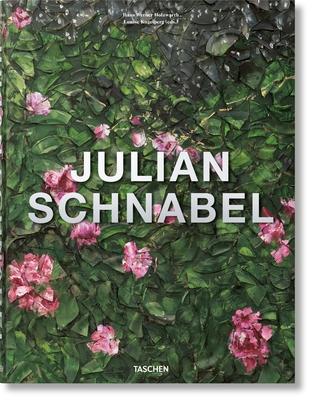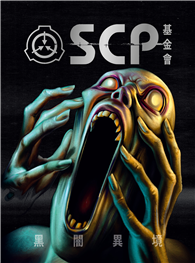Julian Schnabel makes art out of life, finding his materials in the fabric of the everyday. He uses broken plates as an improbable picture ground; he paints on velvet, market stall covers, army tarps, kabuki theater backdrops, and boxing ring floors, found surfaces that lend their own rich history to the artist’s exploration. A figurehead for the return of painting after his overnight success with a first New York solo show in 1979, he has since worked in a wide variety of media: making sculptures that transpose his pictorial forms into space as raw, seemingly time-worn artifacts; directing award-winning movies that paint portraits of artists and other subtly heroic figures; and even building his own dream of a Venetian palace in New York. "I want my life to be in my work, crushed into my painting like a pressed car. If it’s not, my work is just some stuff," Schnabel has said, and this urgency permeates his oeuvre no matter what means or media the artist chooses.
Now available in a popular edition, the complete range of Schnabel’s work is portrayed in unprecedented depth in this TASCHEN monograph, made in dialog with the artist. The texts were contributed by friends and collaborators: Laurie Anderson draws an intimate portrait of Schnabel; in three essays by curators and art historians, Éric de Chassey discusses the paintings, Bonnie Clearwater the sculpture, and Max Hollein the site-specific work; Donatien Grau writes on the Palazzo Chupi, the artist’s extravagant home in New York’s West Village; while the novelist Daniel Kehlmann explores his cinematic oeuvre. This edition allows you to study the surfaces and artistic gestures and actions, offering the most generous opportunity to experience Schnabel’s art outside of meeting it in person.










